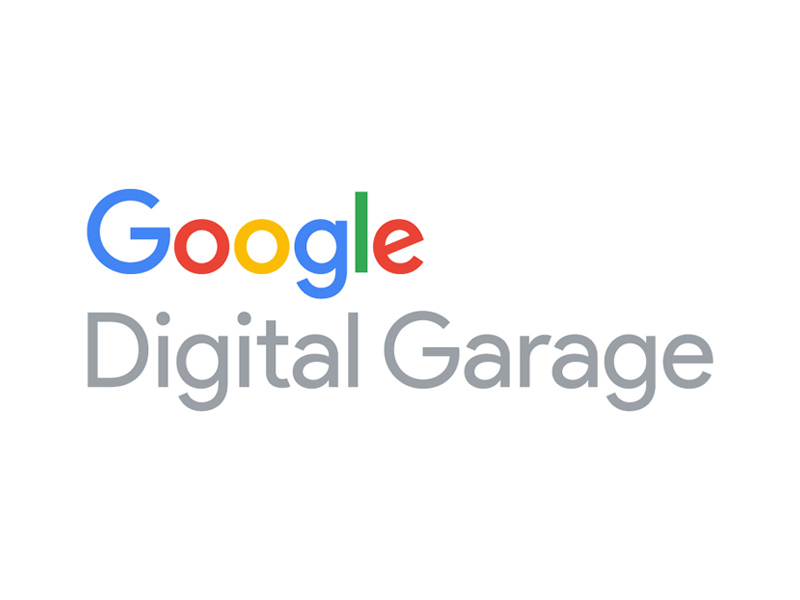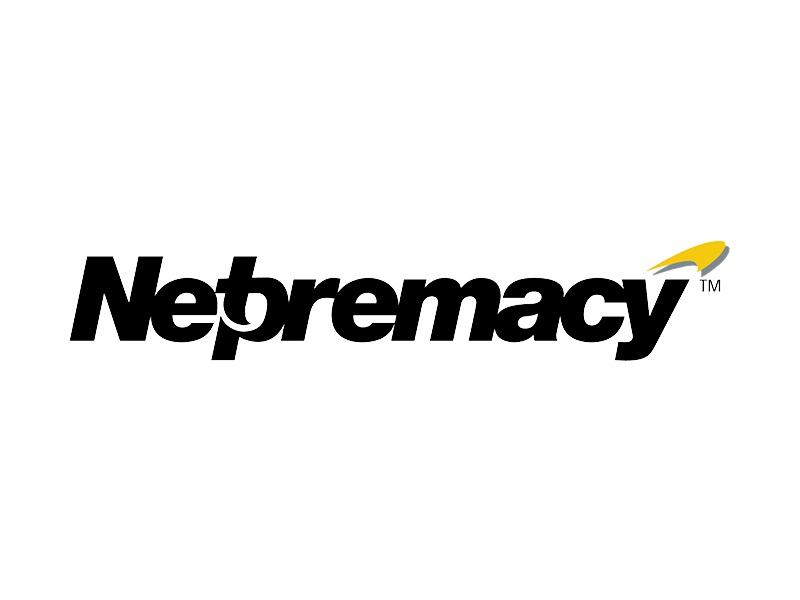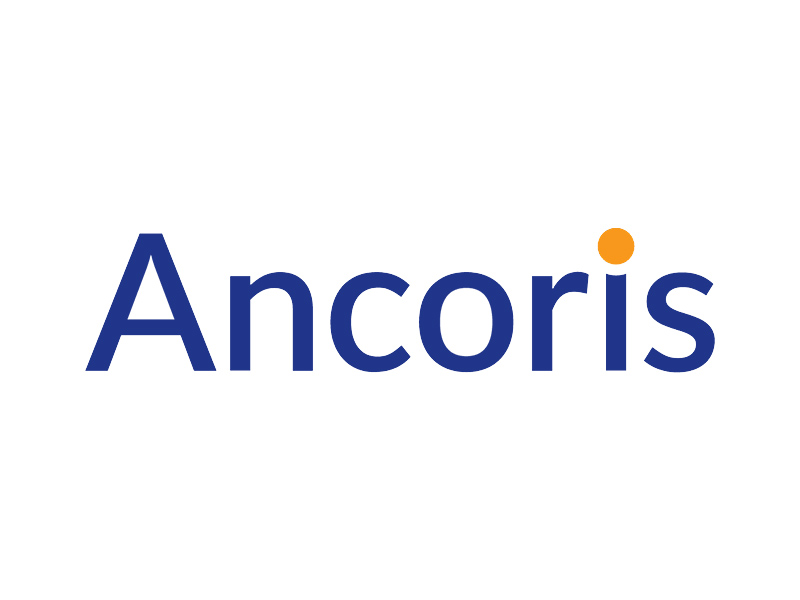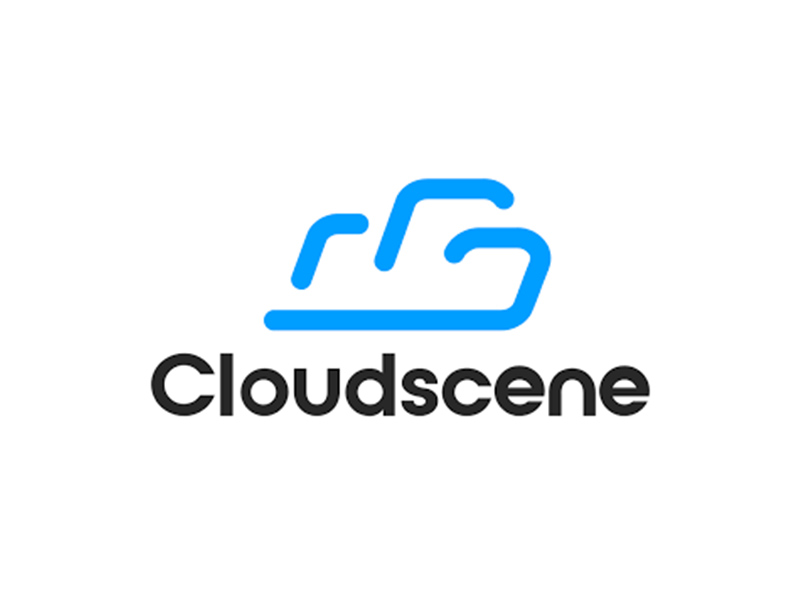Rishi Sunak delivered his Spring Statement on Wednesday 23rd March, announcing changes set to impact households, income, bills and businesses across the UK.
Alongside fuel duty cuts for the next 12 months and a heightened National Insurance threshold, many business owners are looking to understand how impending changes will impact their business, employees, and growth over the coming year.
Driving Innovation
The future of innovation lies, if only in part, in the use of data. Learning, personalising and designing products and services to fulfil consumer needs is possible through the collection, analysis and use of data. Sunak announced that from April 2023, ‘businesses will be able to claim relief on the storage of vital data and pure maths research’, enabling development & innovation in AI, ML, design and robotics.
Already home to one-third of Europe’s AI companies and in the midst of a 10-year plan to become a global leader in Artificial Intelligence technologies, this is a positive step for UK businesses looking to excel in this industry.
Cuts & Relief for SMEs
Anticipated to benefit around 30% of businesses, SMEs have been granted an increase in Employment Allowance. This relief allows eligible companies to reduce their employer National Insurance contributions bills each year. The increase will see the allowance raise from £1,000 to £4,000; this does, however, mean that 70% will not benefit from this relief at all.
Businesses, as well as individuals, will benefit from the 5p per litre cut to fuel costs. For those with transportation costs in the company due to logistics or expenses, this will be a slight relief among significantly inflated fuel costs in the UK.
Green-tech Incentives
With ESG high on the agenda for most businesses, it’s unsurprising that green technology has claimed a mention in the Spring Statement, but what has Rishi promised in terms of going greener incentives?
Supporting businesses providing ESM (Energy Saving Materials), VAT has been reduced to 0% from the previous 5%.
VAT on Green Technologies, solar panels, heat pumps and Energy Saving Materials will be scrapped for 5 years from April 2022. This is good news for those looking to make good on their ESG promises over the next couple of years, presenting an opportunity to do just that.
The sustainability of your business is a measurable resource and intangible asset; it should be something that you are measuring, valuing and committed to improving. If this is your goal in 2022 and beyond, you may want to consider reviewing your Sustainability Index. This is a service we’re rolling out very soon, so if you’d like to be in the know when we launch, send us an email at info@chesamel.com, and we’ll be in touch for a no-obligation friendly conversation.












